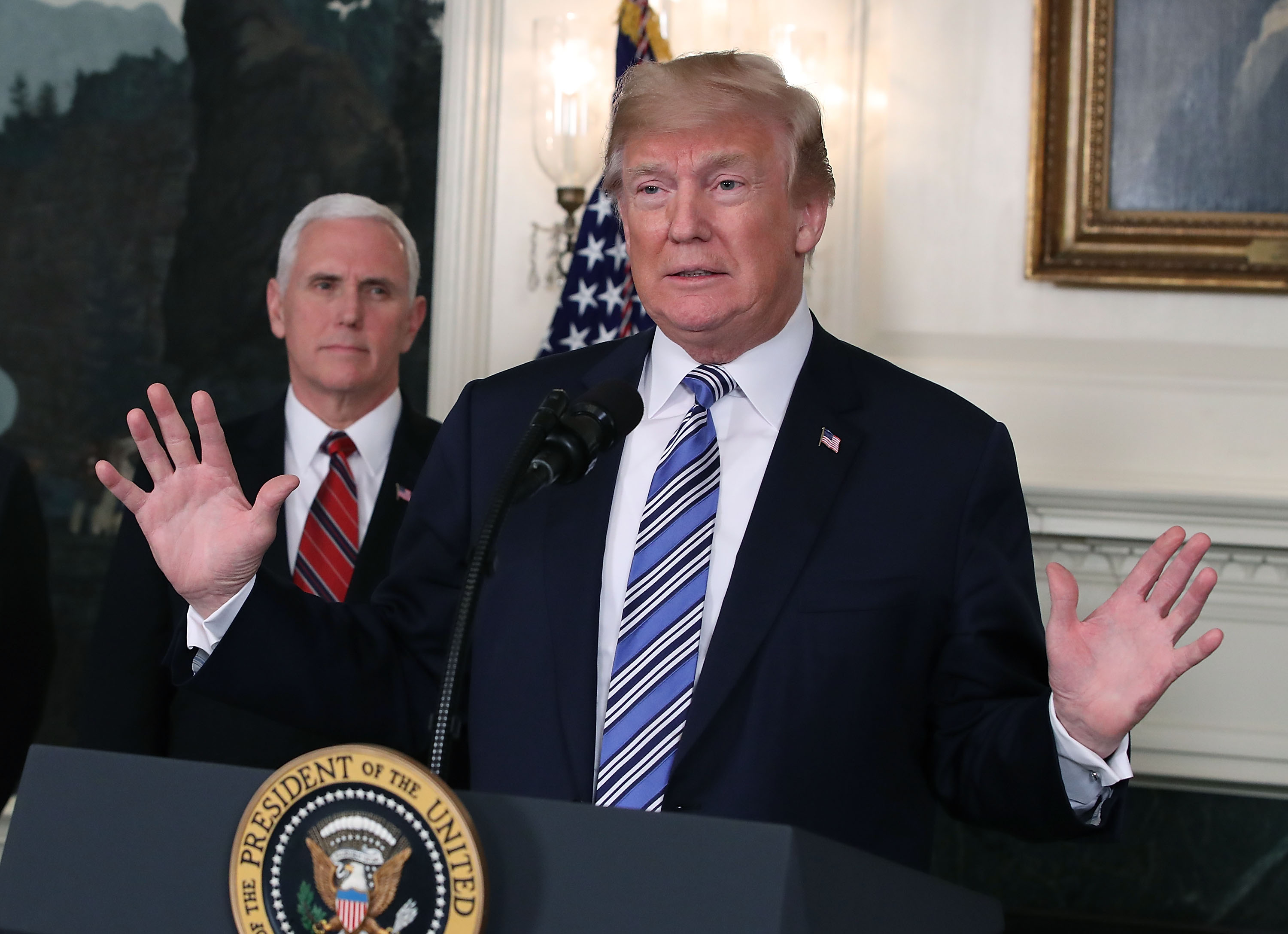Like Homer Simpson's alcohol theory, Trump appears to be the cause of and solution to all GOP problems


A free daily email with the biggest news stories of the day – and the best features from TheWeek.com
You are now subscribed
Your newsletter sign-up was successful
Recent polls confirm what many Republican lawmakers probably already suspected: President Trump is a net drag on Republicans heading into the 2018 midterms, especially in this year's battleground — upper middle class suburbs — but he's also crucial to turning out their base. "It's a political catch-22," Virginia GOP strategist J. Tucker Martin tells The New York Times. "Candidates can't win without their base. But what it takes to satisfy a pro-Trump base in 2018 will make Republican candidates in many states unacceptable to large swaths of the electorate." Or, as Homer Simpson phrases that dilemma (regarding alcohol, not Trump):
With GOP electoral chances hanging so heavily on Trump, there's some good news in a new CNN-SRSS poll: Trump's approval rating is at an 11-month high of 42 percent. "Buried in that poll, though, is a detail that won't be reassuring to his party," says Philip Bump at The Washington Post. "Among those who say they're very enthusiastic about voting in November, he's at only 38 percent support, with 60 percent saying they disapprove. Among those less enthusiastic about voting, as many people view Trump with approval as with disapproval." Why does that matter? Bump explains:
Well, in theory, because it means that the people most motivated to vote are also those least supportive of Trump. Which suggests that the people they're going to vote for in November are not Republicans. A recent Fox News poll shows that Democrats are indeed the group that's more enthusiastic about voting. [The Washington Post]
But as Trump's popularity ticks up, the Democrats' enthusiasm advantage narrows, Bump notes. And because of gerrymandering, Democrats have a surprisingly narrow path to control of Congress; a new Brennan Center for Justice report suggests that Democrats must win nationally by 11 percentage points to get the 24 seats they need to pick up to win the House. That conclusion met resistance from some Democratic and Republican strategists, but few observers think electoral waves are inevitable.
The Week
Escape your echo chamber. Get the facts behind the news, plus analysis from multiple perspectives.

Sign up for The Week's Free Newsletters
From our morning news briefing to a weekly Good News Newsletter, get the best of The Week delivered directly to your inbox.
From our morning news briefing to a weekly Good News Newsletter, get the best of The Week delivered directly to your inbox.
A free daily email with the biggest news stories of the day – and the best features from TheWeek.com
Peter has worked as a news and culture writer and editor at The Week since the site's launch in 2008. He covers politics, world affairs, religion and cultural currents. His journalism career began as a copy editor at a financial newswire and has included editorial positions at The New York Times Magazine, Facts on File, and Oregon State University.
